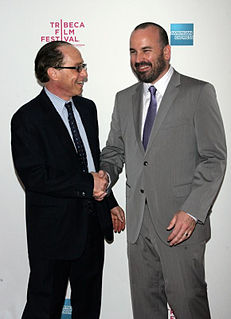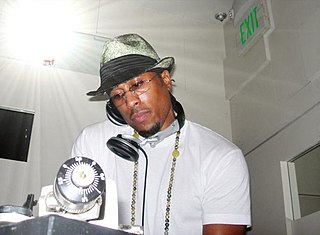A Quote by Mitch Kapor
Managerial and professional people hadn't really used computers, hadn't sat down at keyboards, until personal computers. Personal computers have a totally different feel.
Related Quotes
Everything is being run by computers. Everything is reliant on these computers working. We have become very reliant on Internet, on basic things like electricity, obviously, on computers working. And this really is something which creates completely new problems for us. We must have some way of continuing to work even if computers fail.
At the age of 5, when I was in kindergarten, I often used to pass by the computer labs and see students doing work on computers. I realized that calculation, which would take us a long time to do, can be done in less than a second with the help of computers. So that is how my interest in computers began.
In our age of individualism, we see computers as ways through which we can express our individuality. But the truth is that the computers are really good at spotting the very opposite. The computers can see how similar we are, and they then have the ability to agglomerate us together into groups that have the same behaviours.



































